საერთო ცხელი ხაზი +995 577 07 05 63



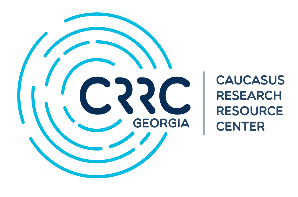
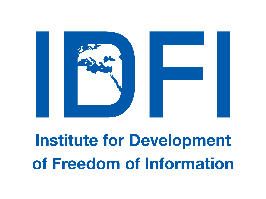
In the beginning of September 2019, the High Council of Justice provided a list of 20 Supreme Court Justice candidates to the Parliament of Georgia for approval. In September-November 2019 parliament conducted the hearing process for candidates, and on December 12th 2020 14 candidates were appointed to Supreme Court. The Georgian media covered the process extensively.
But, what does the public in Georgia know about the process of appointment of the Supreme Court Justices, and what is their attitude towards the newly appointed justices and judicial institutions? A phone survey conducted on January 30 - February 10, 2020 suggests that people in Georgia are divided between trusting and distrusting judicial institutions. While more than half of the public have heard about the Supreme Court appointment process, they have little trust in it, and largely have not heard of the new justices.
The majority of the Georgian speaking population (63%) reports that they have heard about the hearings in parliament for Supreme Court candidates, and more than half of the population (54%) says that they are aware of the outcomes of the hearings. More than half (55%) of those who have heard about the appointments report that they do not trust the process. Similarly, more than half (53%) of the people who had heard of the process think that parliament carried out the appointment process unfairly.
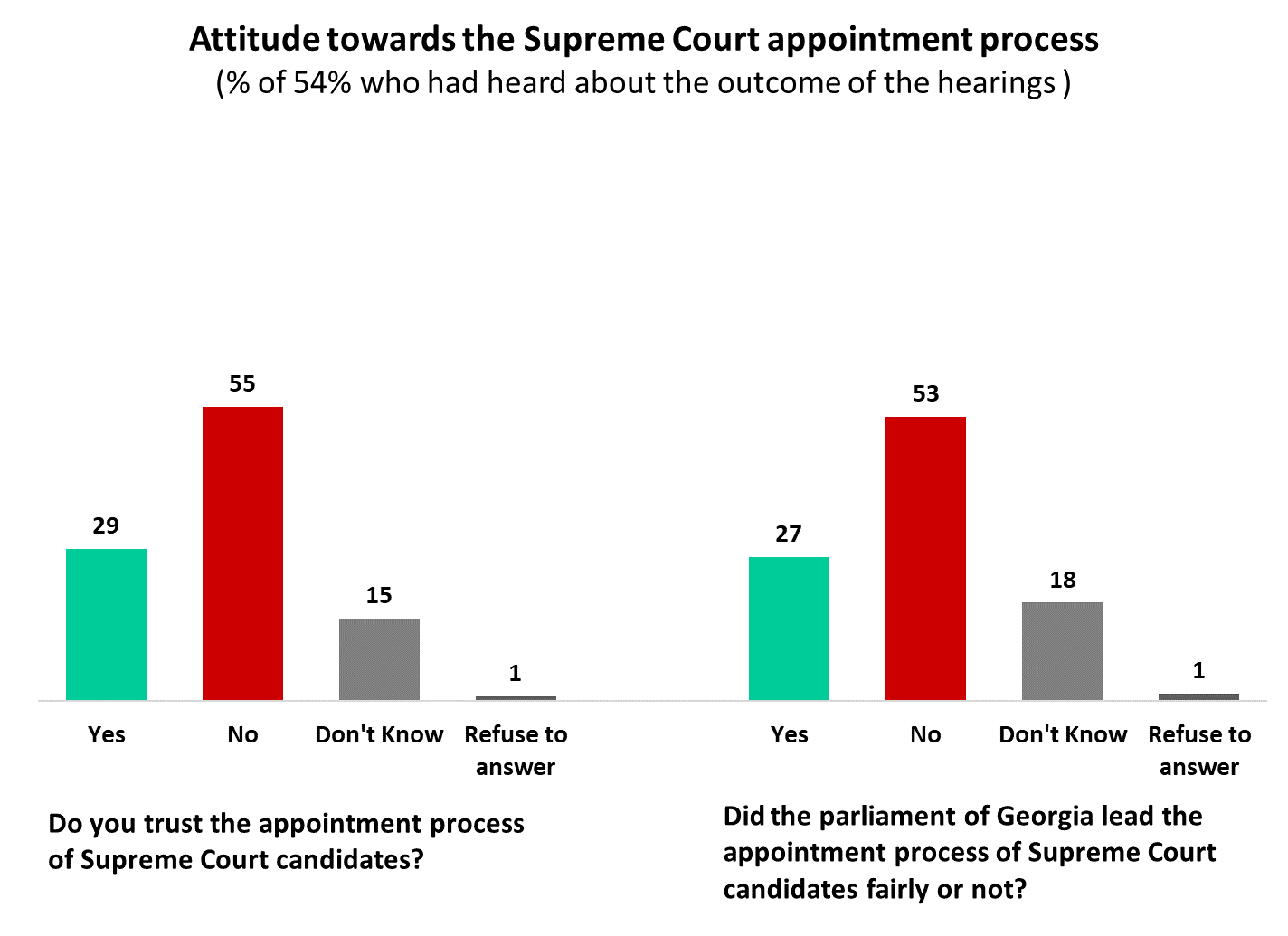
The survey asked respondents whether justice will improve, stay the same or get worse if the candidates were appointed as Supreme Court Justices. About one fourth of the adult Georgian speaking population (26%) reported that the appointment of the 14 candidates will improve justice in the country, the same share (26%) think that the state of justice will stay the same. About a fifth of the population (20%) believe it will get worse. The remainder either did not know or refused to answer the question. A similar question was asked on a September 2019 survey: “If these 20 candidates are appointed to the Supreme Court, do you think justice in Georgia will improve, stay the same or get worse?” The results have not changed substantively between waves of the survey, with a slight decline in the share responding don’t know and slight increase in the share responding it would have a positive impact.
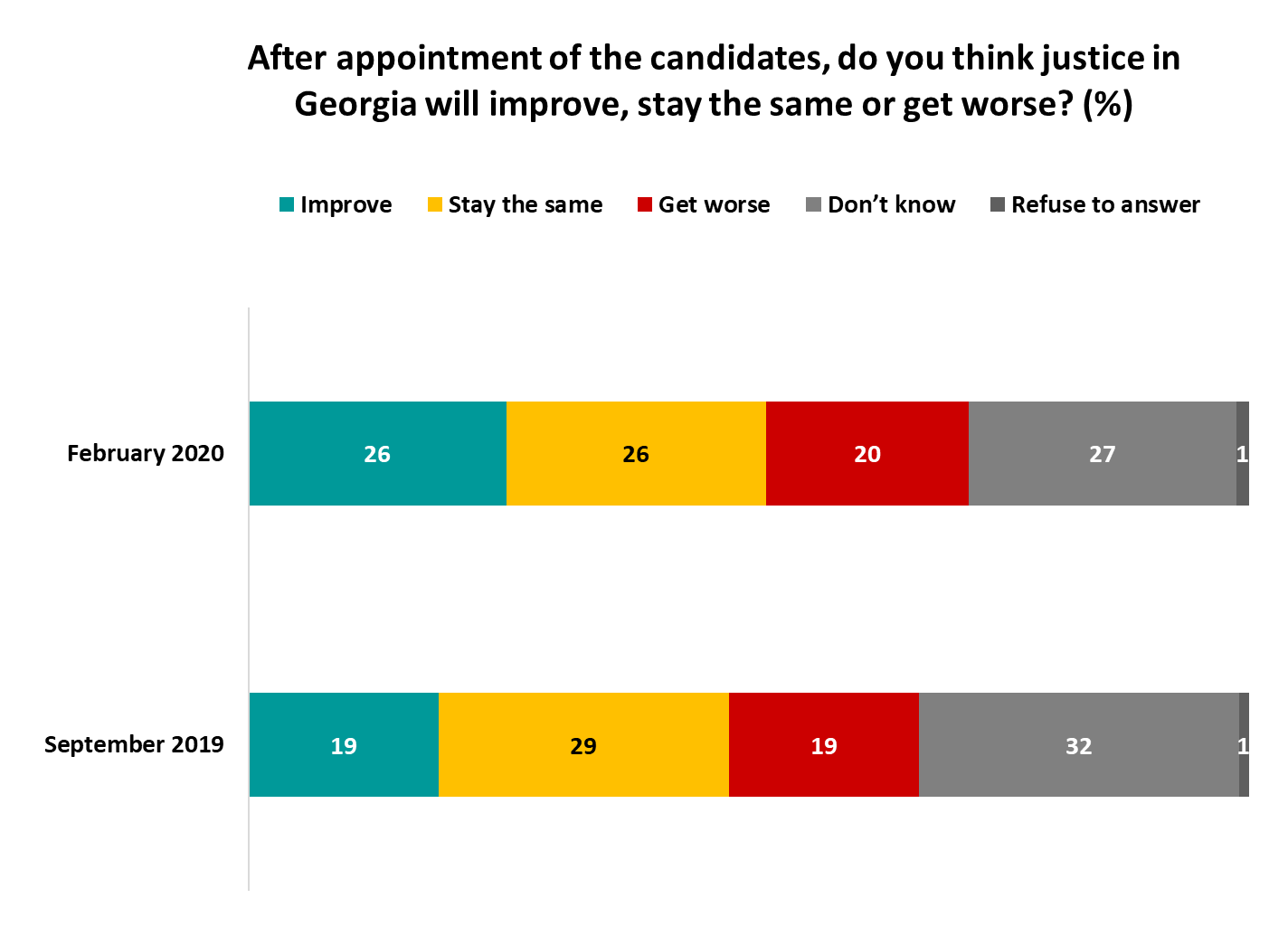
The survey asked the respondents who were aware of the appointment process to share their first association about it. Almost one third (32%) did not provided any association, responding don’t know. The top five associations included “Unfairness” (14%), “Distrust” (14%), “Biased” (5%), “Fight” (5%), and “Open process” (4%). Overall, 11% reported a positive association, while 53% reported a negative one. One percent of responses were neutral. Two percent of population refused to answer the question.
The survey asked about whether each candidate should or should not be appointed to the Supreme Court. Most people had not heard about the candidates. Approximately one tenth of the population approved of the appointments of Nino Kadagidze (11%), Giorgi Mikautadze, (11%), and Shalva Tadumadze (10%). All other candidates had lower levels of approval.
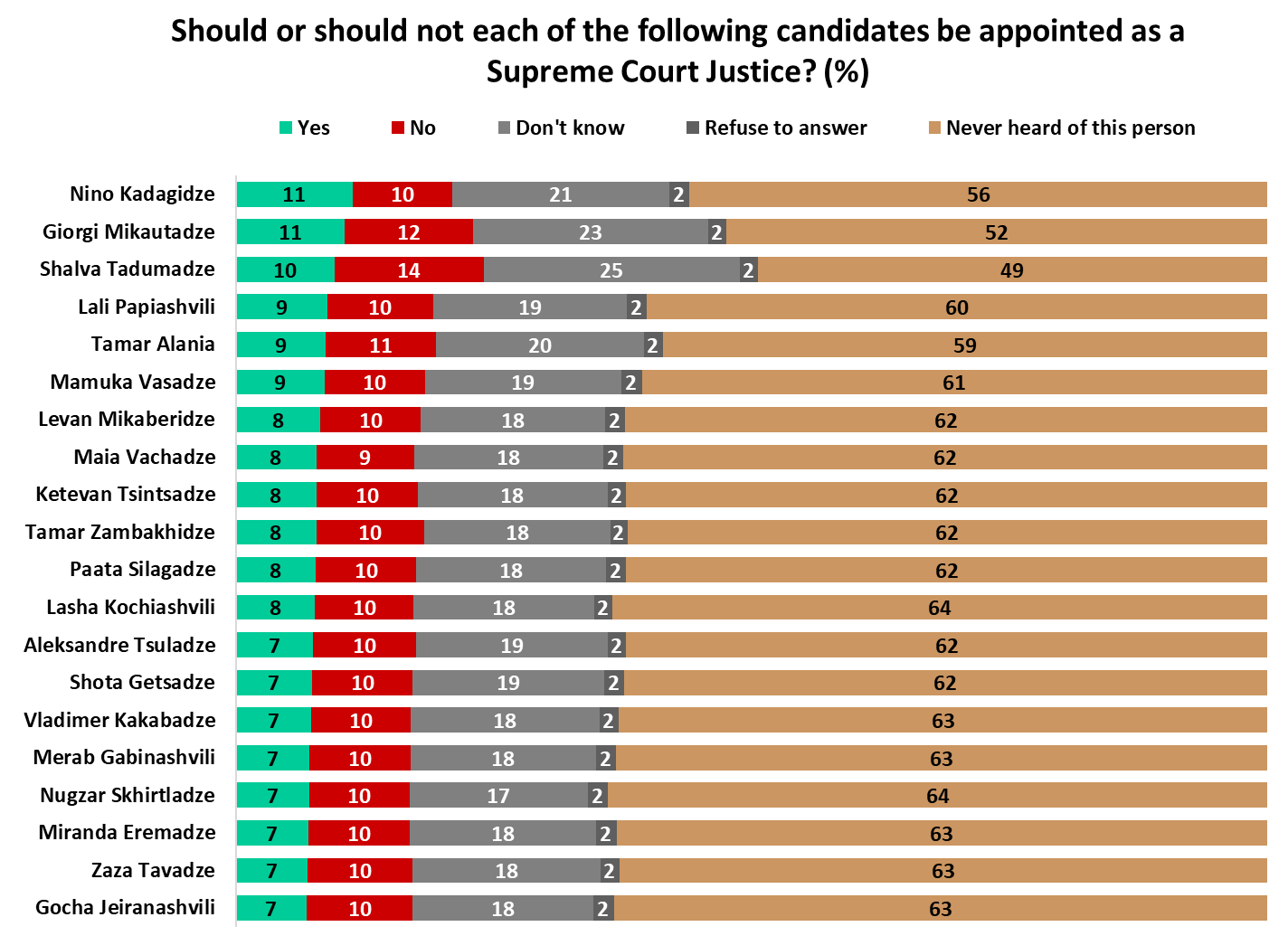
Respondents were asked to name the most important events of the Autumn/Winter, 2019-2020, but were allowed to name up to 3 events. Only 3% of Georgian-speaking adult population named the appointment process of Supreme Court justices. The most commonly named events were the protests in response to the failure to pass a proportional electoral system (13%), Dr. Vaja Gaprindashvili’s abduction (10%), and the mass arrests of the aforementioned rally participants (10%). Half of respondents (49%) could not identify a most important event during the period.
The public is divided in whether they trust the High Council of Justice, Supreme Court, and the court system in general. The chart below shows that about half of the public trusts and distrusts each of these institutions. This result has not changed since September, when the same questions were asked on another survey.
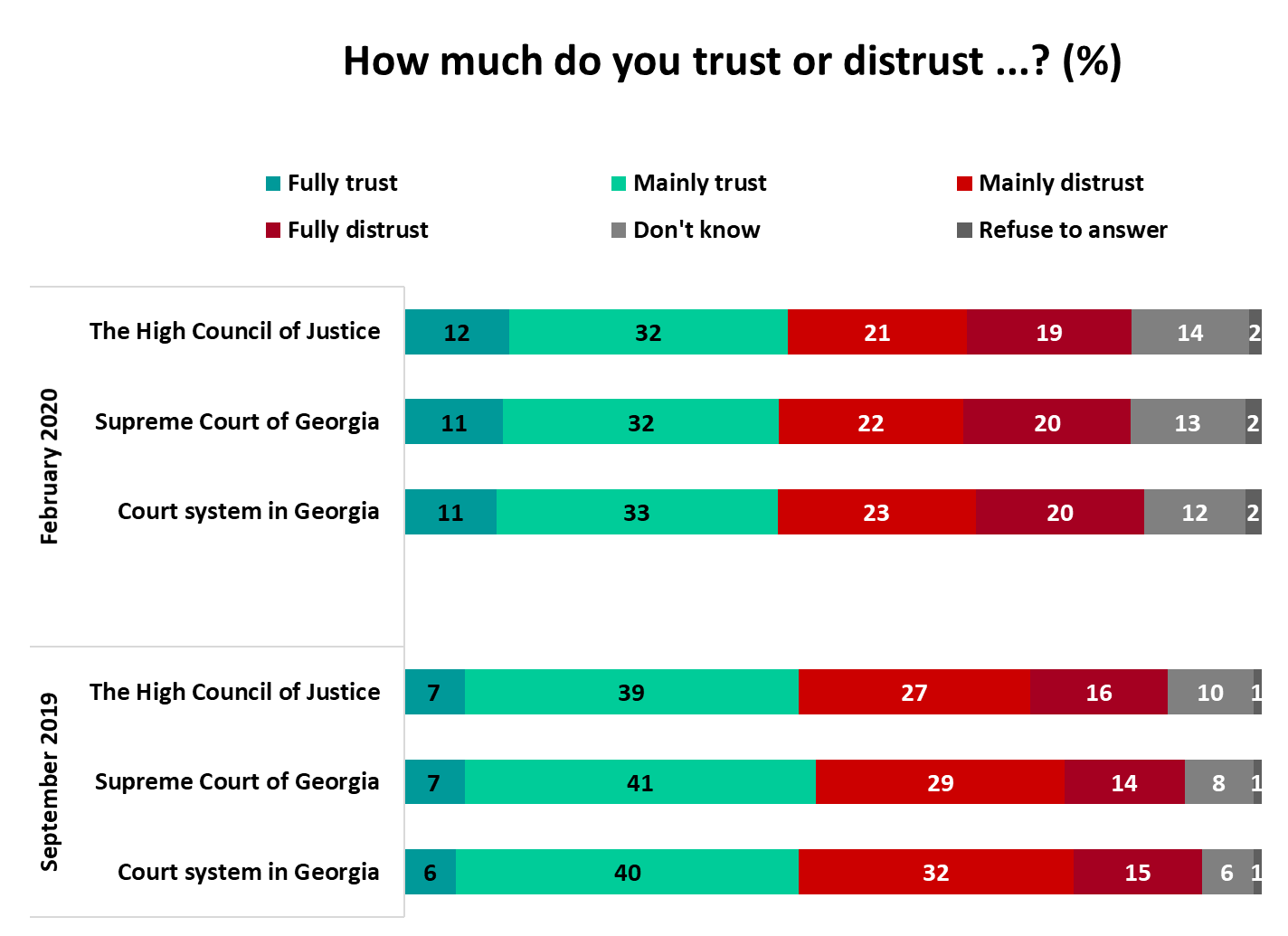
The public is divided in their trust towards judicial institutions, such as the High Council of Justice, Supreme Court, and the court system in general. More than half of the population has heard of the Supreme Court justice appointment process, however most of them do not trust the process and believe that the Parliament of Georgia did not lead the appointment process fairly. Despite this, few people found the Supreme Court appointment process to be among the most important events of the Autumn/Winter of 2019-2020. The majority of people in Georgia say that they have never heard about the candidates. Among those who are aware of the appointment process, attitudes are more negative than positive.
Note: This blog post has been produced with the assistance of the European Union. Its contents are the sole responsibility of CRRC-Georgia, EMC, and IDFI and do not necessarily reflect the views of the European Union.
On January 30- February 10, 2020, within the EU-funded project “Facilitating Implementation of Reforms in the Judiciary (FAIR)”, CRRC-Georgia conducted a phone survey to understand people’s knowledge of and attitudes towards the Supreme Court appointment process. The survey resulted in 766 completed interviews, and is representative of the adult Georgian-speaking population of the country. The theoretical margin of error of the survey is 3.5% for estimates near 50%, 3.1% for estimates near 75% and 25%, and 2.1% for estimates near 10% and 90%.
The website accessibility instruction